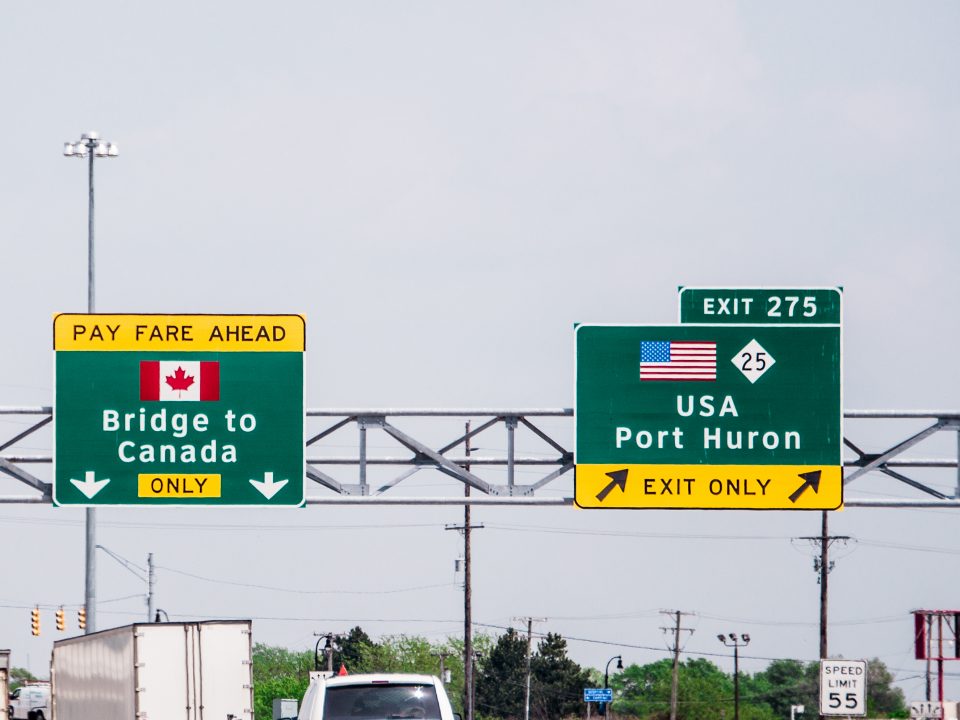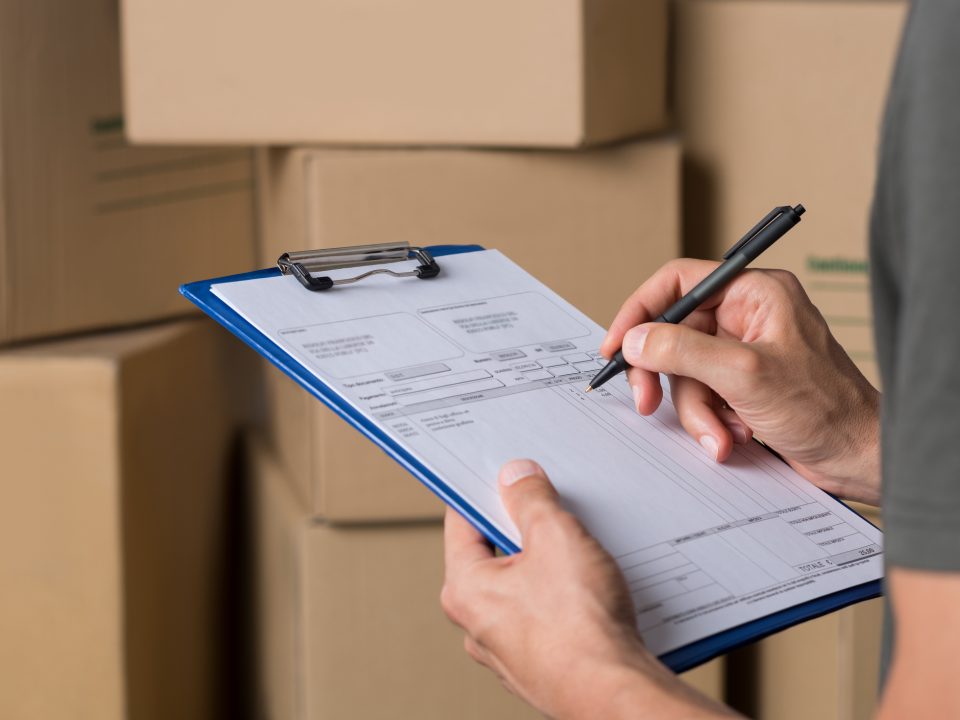3 Reasons Why Intermodal Transportation is an Attractive Alternative to Long-Haul Trucking

The Role of a Freight Bill in a Transportation Transaction
May 31, 2017
Why Border Bound
May 31, 2017Here we look at the advantages of intermodal freight transport and what you’ll need to do to make the switch.
1. Services Are Easier to Attain
Intermodal opens up other avenues of transportation that are more readily available so trucking services can be kept to a minimum. While trucking is still part of the intermodal system, it’s easier to find a truck driver to do a short day run versus one who will provide long-haul services.
2. It’s Less Expensive
Utilizing intermodal transportation is also significantly cheaper than relying exclusively on long-haul trucking. The bulk of the miles for an intermodal shipment will be logged on a train, which is far less expensive than over the road trucking.
3. It’s Better for the Environment
Intermodal is also more environmentally friendly than long-haul trucking because large numbers of freight containers are moved together using the most efficient modes of transportation. While intermodal transit time can take a little longer than long-haul trucking, a third-party logistics provider can help you plan ahead and build the extra time into your schedule. And if you’re accustomed to shipping delays caused by waiting for long-haul trucking services to become available, you may find that intermodal is actually faster than your current shipping solution.
If your company faces the challenge of changing the mindsets of production/logistics staff and convincing them to plan for different transit times, an intermodal provider can help. A 3PL can walk them through the process, address any hurdles they may face and customize an intermodal plan for their unique shipping needs.
In short, if the distance between your plant and the consignee is greater than 700 miles, you should inquire about intermodal shipping. At, Border Bound Inc. all of our intermodal customers are saving money versus shipping – over the road.
Call: 1-877-851-2117 or email: shipping@borderboundinc.com




